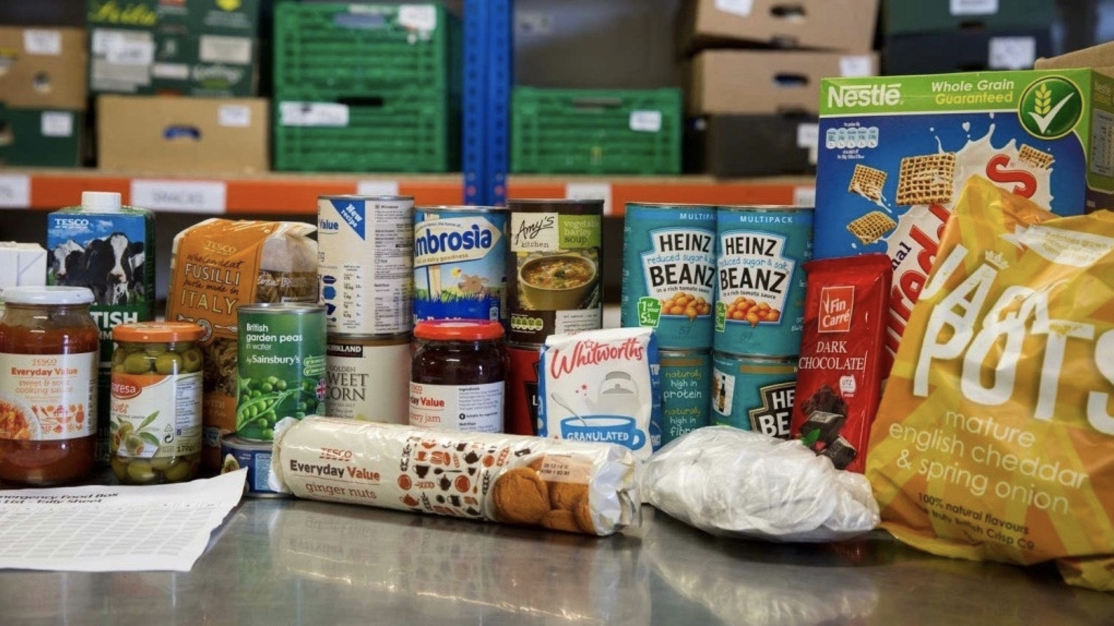
As we enter 2022, It is evident that the UK is submerging into a seismic cost of living crisis; one that threatens to push and submerge many more just about managing families into poverty. With energy bills doubling in recent months, food price inflation, as well as national insurance contributions, rent and mortgage payments climbing too, the new year has brought with it a very bleak socio-political landscape. The country has watched the cost of living rise by 5.1 per cent in the past 12 months. Such soaring bill costs are forcing some of the Britians most vulnerable groups to choose whether they would like to “heat or eat?”. This phrase is predicated on hugely rising energy costs, that see lower income groups forgoing food to heat their homes.
The Institute of Fiscal Studies has suggested that there is a “substantial winter-summer difference in mortality” which is “indeed related to indoor temperature and to dwelling characteristics that are determinants of indoor temperature.” In this sense, it’s imperative that heating is widely accessible to the population.However, the forecasting of the proportion of households spending more than 10% of their income on electricity and heating bills will triple to 27% from April, and food banks forced to to turn away hungry families during a “bleak” winter, suggests that the country is in dire need of institutional and industrial change. Prime Minister Boris Johnson and Chancellor, Rishi Sunak, are under huge pressure from the public to mitigate the rising energy costs, with backbenchers suggesting they could cut VAT on energy bills, or suspend ‘green levies’. Pressure from the public to incite change, however, can only go so far.
It is the voice of a former food bank user, however, who ten years ago was struggling to feed her family and make ends meet, who has recently prompt industrial change regarding food poverty. Jack Monroe is a food writer, anti-poverty activist and journalist, focusing on food austerity recipes and cooking on a bootstrap. She highlights how price inflation of food tends to negatively target only the “poorest and most vulnerable households;” those whose budgets often cannot extend to cover the cost of three digit inflation of some foods. Exposing the disparity between exponential increases of food cost, and the largely stagnant average income and minimum wage, her message is being widely received. Recently, her excavation of this deep rooted class bias has prompted Asda to make a Cheapest Food Pledge, whereby they pledge to stock their smart price range in all 581 food stores and online.
On twitter, Monroe writes “the system by which we measure the impact of inflation is fundamentally flawed – it completely ignores the reality and the REAL price rises for people on minimum wages, zero hour contracts, food bank clients, and millions more.” She demonstrates a real account for social nuance, and brings into light the true consequences of increasing food prices. It seems the true culprit here is the increasing deficiency in value ranges, with the cheapest products being stocked less and less in local supermarkets, directly affecting the eating habits and capabilities of the poorest percentage of the population.
Her twitter thread continues to expose true rates of food inflation, focused majorly within the basics or value ranges, within the top four supermarkets. “This time last year, the cheapest pasta in my local supermarket (one of the Big Four), was 29p for 500g. Today it’s 70p.” This is a 141% price increase. Again, “the cheapest rice at the same supermarket was 45p for a kilogram bag. Today it’s £1 for 500g.” The dichotomy between the increase in value range’s food prices, and high end luxury ready meals which were “£7.50 ten years ago” and are “still £7.50 today.” works to expose how so often, it is poorer households who are targeted in both austerity cuts and inflation.
There is an inherently dubious nature of the statistics presented surrounding the cost of living inflation. Monroe comments that such statistics are largely biased against the working class. She writes on twitter “woke up this morning to the radio talking about the cost of living rising a further 5%. It infuriates me the index that they use for this calculation, which grossly underestimates the real cost of inflation.” Monroe targets the consumer price index, or the retail price index being used interchangeably, and for grossly underestimating the true realities of inflated cost of living for people within the UK. food prices and inflation cannot be understood on a simplified, single axis framework. Often, there are more nuanced and sinister systemic factors at play.
There is no doubt higher income earners will still feel the pinch of these rising prices. However, it is communities on the breadline who are truly at risk. Discourses surrounding national pride have always influenced voting intention and decision making within the UK. However, it is difficult to understand who could be proud of a country that forces its most vulnerable to choose between eating balanced meals, or heating their house. These rising prices are truly crippling British homes.



Average Rating